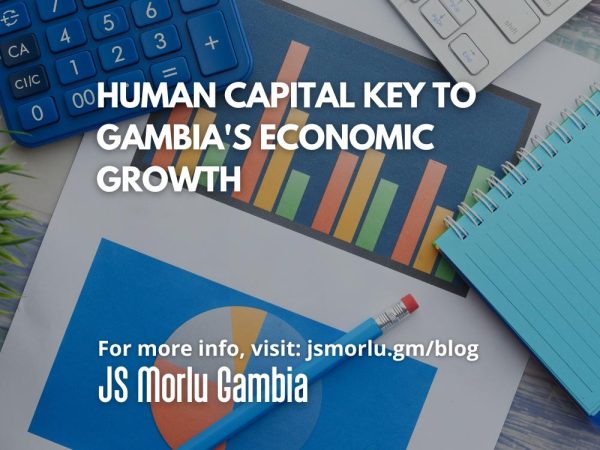Maximizing human capital development is key to unlocking the growth of The Gambia’s economy, the World Bank says.
The financial institution has recommended that the country focuses on increasing investments in technical and vocational education and training as well as healthcare, social protection, entrepreneurship, social safety nets and human capital protection from climate change and global shocks, while creating a favorable business environment for global investors.
According to World Bank representative Feyi Boroffice who participated in a study published by the institution on Human Capital as a Driving Force for Economic Development in The Gambia, “Human capital is the cornerstone of The Gambia’s development. This review provides valuable insights into the challenges the country faces, and the actions needed to build, utilize, and protect its human capital. It is a call to action for collaboration across sectors and the whole of government.”
In addition, while women in The Gambia have a higher human capital index (HCI) score than males, the report highlights the need to accelerate support for women led projects.
Anne Hilger, World Bank Economist, added that, “Investing in the early years of children’s lives, improving the quality of social services, creating equal opportunities for women, and democratizing data are essential steps toward unlocking The Gambia’s human capital potential. By doing so, we can pave the way for economic growth, social prosperity, and a better future for our youth.”
While factors such as the COVID-19 pandemic, inadequate financing and a lack of coordination between government departments and the private sector have disrupted The Gambia’s human resources development, the west African country’s HCI at 42.4% ranks higher above sub Saharan Africa’s average.
Original Source: Energy Capital & Power
